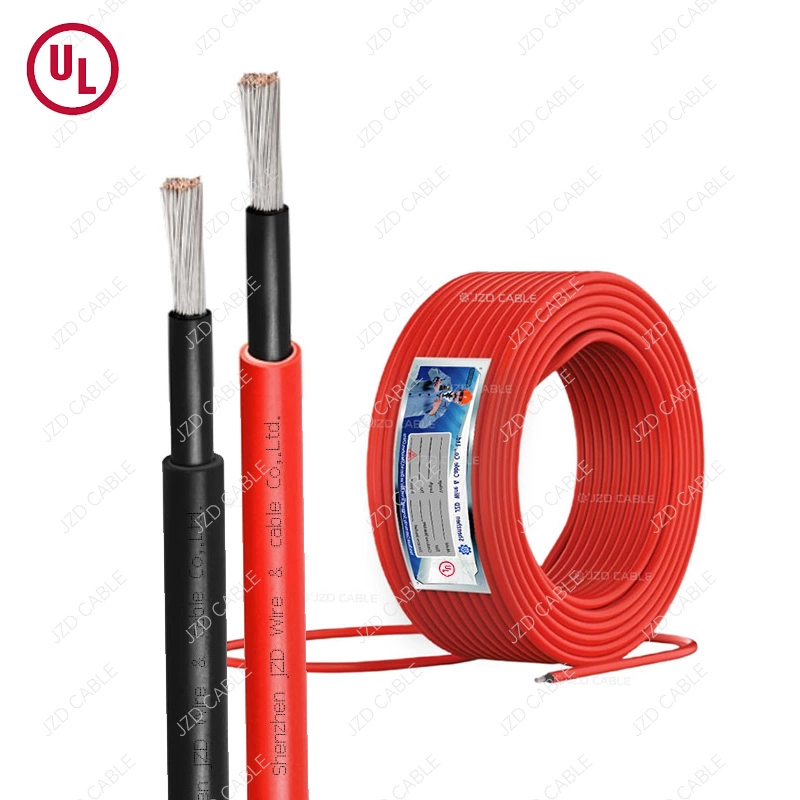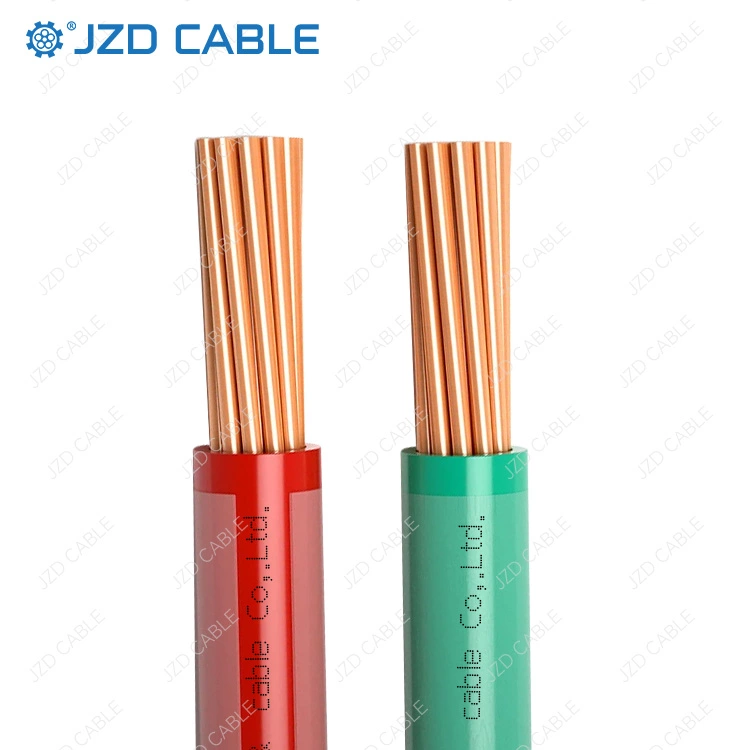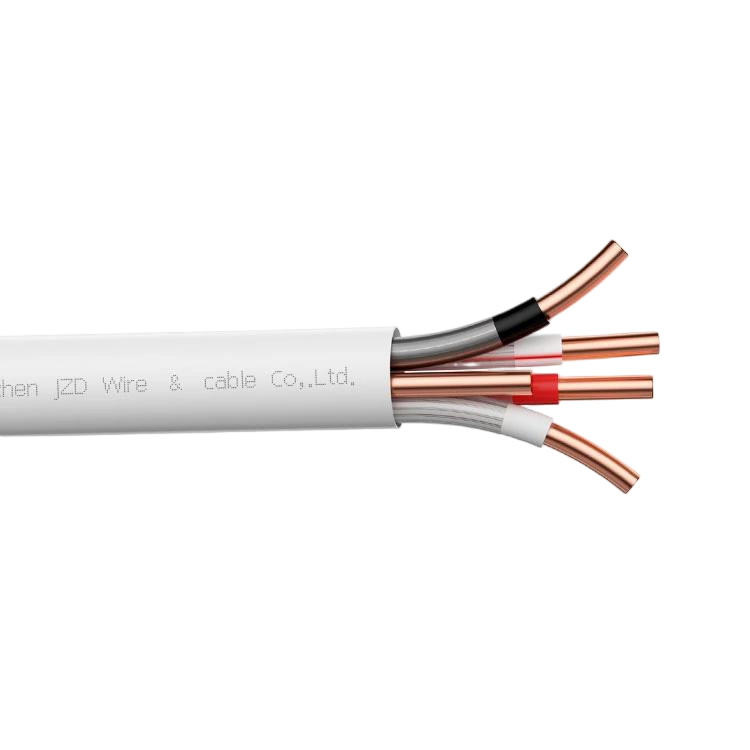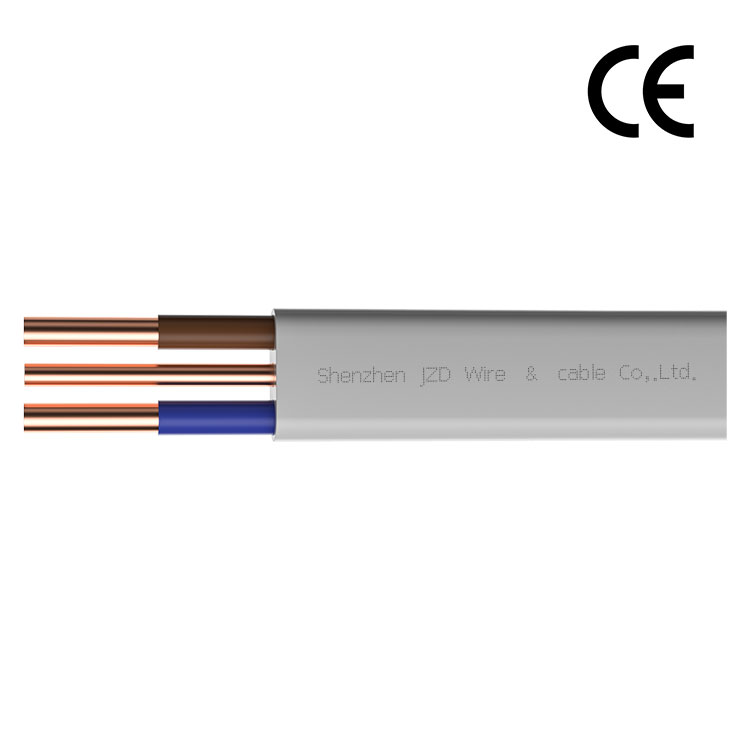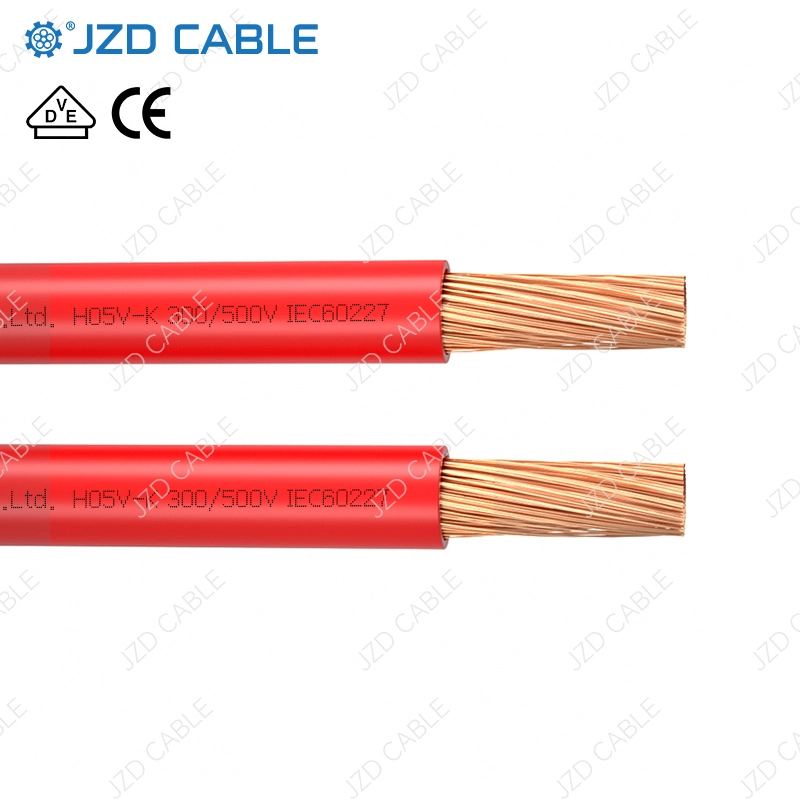At Jzdcable.com, a leading provider of high-quality solar cables, we specialize in UL-certified photovoltaic solutions like the UL4703 PV1-F wire. This solar-specific wire is a game-changer for efficient, safe solar energy systems in the US market. In this blog, we’ll demystify PV1-F wire—covering its definition, applications, and how it stacks up against alternatives like H1Z2Z2-K. By the end, you’ll know why choosing the right cable, such as our UL4703-certified products, is crucial for maximizing PV system performance and longevity.
What is PV1-F Wire?
PV1-F wire, certified under UL4703, is a single-core, sunlight-resistant photovoltaic cable designed specifically for direct current (DC) solar applications. It stands for “Photovoltaic, 1-Phase, Flexible” and is built to withstand harsh environmental conditions like UV exposure, temperature fluctuations, and moisture. Under UL4703, it meets strict US standards for fire safety, insulation (typically XLPO or similar materials), and voltage ratings (up to 2 kV). At Jzdcable, our PV1-F wires undergo rigorous testing to ensure reliability in solar installations, offering low resistance and high conductivity for optimal energy transmission. Key features include flame-retardant properties, weatherability, and a life span exceeding 25 years in outdoor settings, making it a go-to choice for compliant solar setups across the US.
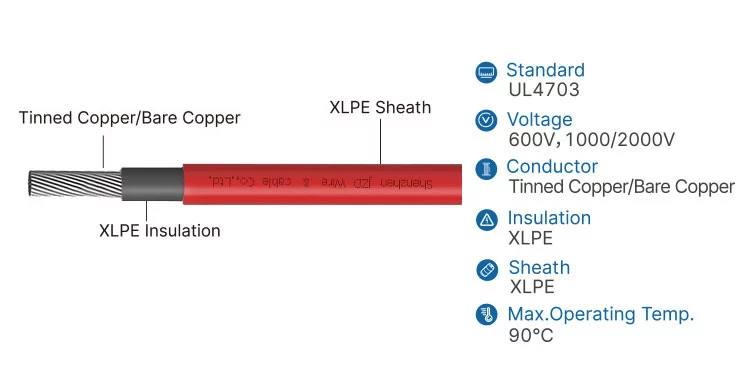
What is PV1-F Wire Used For?
PV1-F wire is primarily used in solar photovoltaic (PV) systems to connect key components like solar panels, inverters, and junction boxes. Its UV-resistant and flexible design makes it ideal for both rooftop and ground-mounted solar arrays in residential, commercial, and utility-scale projects. Specifically, it serves in DC wiring runs, ensuring efficient power transfer from the solar modules to the combiner boxes, while minimizing voltage drops and heat buildup. Due to UL4703 certification, it adheres to US electrical codes, enhancing safety against fire and electrical faults. For instance, our Jzdcable PV1-F products are commonly deployed in North American solar farms, supporting clean energy initiatives with durable, maintenance-free performance. Benefits include ease of installation—thanks to its flexibility—and reduced costs over time, as it resists degradation from ozone and harsh weather, maximizing ROI for solar investments.
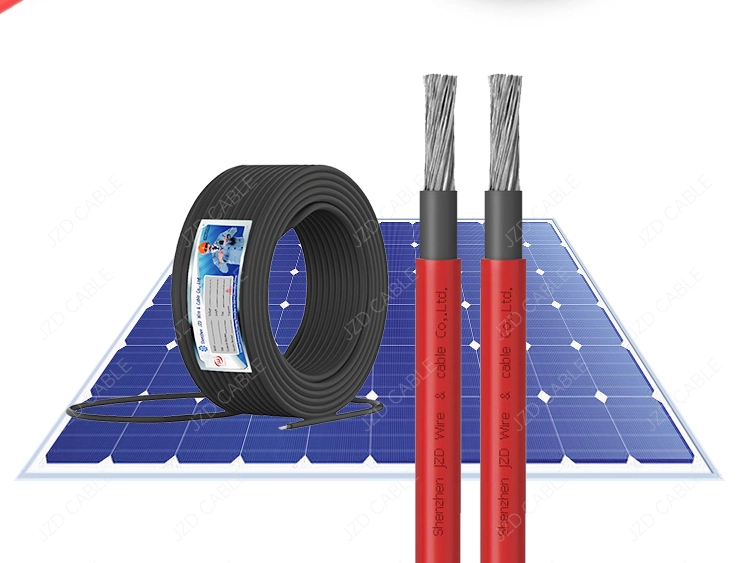
What is the Difference Between PV1-F and H1Z2Z2-K Solar Cable?
While both PV1-F and H1Z2Z2-K cables are designed for solar applications, they differ significantly in standards, certifications, and regional applicability—key factors for selecting the right cable based on your project location.
- Certifications and Standards: PV1-F is certified under UL4703 for the US market, focusing on stringent fire safety and electrical performance (like UL 1581 flame tests). In contrast, H1Z2Z2-K adheres to European standards such as EN 50618 or TUV, ensuring compatibility with CE-marked installations. This means PV1-F is mandatory for UL-compliant US systems, while H1Z2Z2-K suits European and international projects.
- Material and Construction: PV1-F wire often uses cross-linked polyolefin (XLPO) insulation for superior heat and chemical resistance (rated for -40°C to 120°C). H1Z2Z2-K typically features similar insulation but may differ in additives for ozone resistance per EU norms. Both are flexible, single-core designs, but PV1-F might have thicker insulation layers for higher safety margins under UL4703.
- Voltage and Application: PV1-F supports DC voltages up to 2000V and is optimized for large-scale PV systems with long runs, minimizing power loss. H1Z2Z2-K generally handles up to 1500V DC and is tailored for grid-tied solar in regions like Europe, where environmental testing focuses on damp-heat cycles.
- Durability and Usage: PV1-F excels in arid or fluctuating climates common in the US, while H1Z2Z2-K performs well in humid European environments. For example, our Jzdcable UL4703 PV1-F cables include enhanced UV protection, whereas H1Z2Z2-K might prioritize different certifications like Halogen-free requirements under EN standards.
In summary, choose PV1-F for UL4703-certified projects in the Americas to meet US regulations, ensuring safety and efficiency. H1Z2Z2-K is better for European systems with TUV certification. Always consult project specifications—for UL4703-compliant solutions, explore our Jzdcable PV1-F solar wires at jzdcable.com/products.
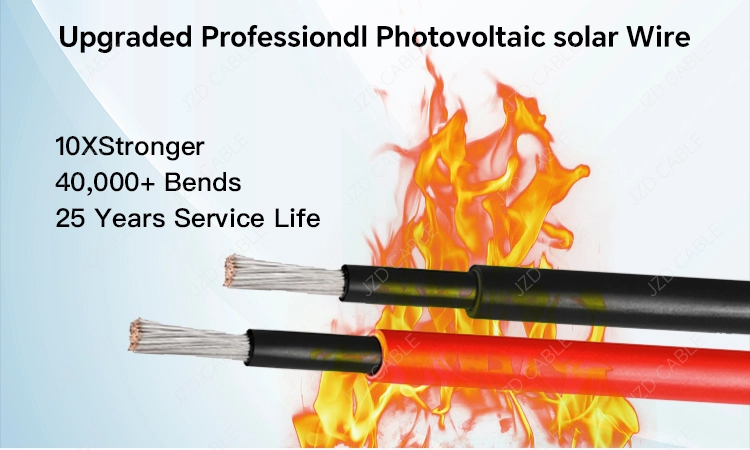
Conclusion
PV1-F wire is a foundational element in US solar installations, defined by UL4703 certification for reliability in DC applications. Its uses range from interconnecting solar modules to ensuring efficient power flow, while its differences from H1Z2Z2-K highlight regional standards. As experts in solar cabling, Jzdcable offers top-tier UL4703 PV1-F products that deliver safety, durability, and peak performance.
Ready to upgrade your solar system? Visit jzdcable.com to browse our certified solar cables today! For more insights, check out our blog on UL standards or contact our support team for tailored advice.



